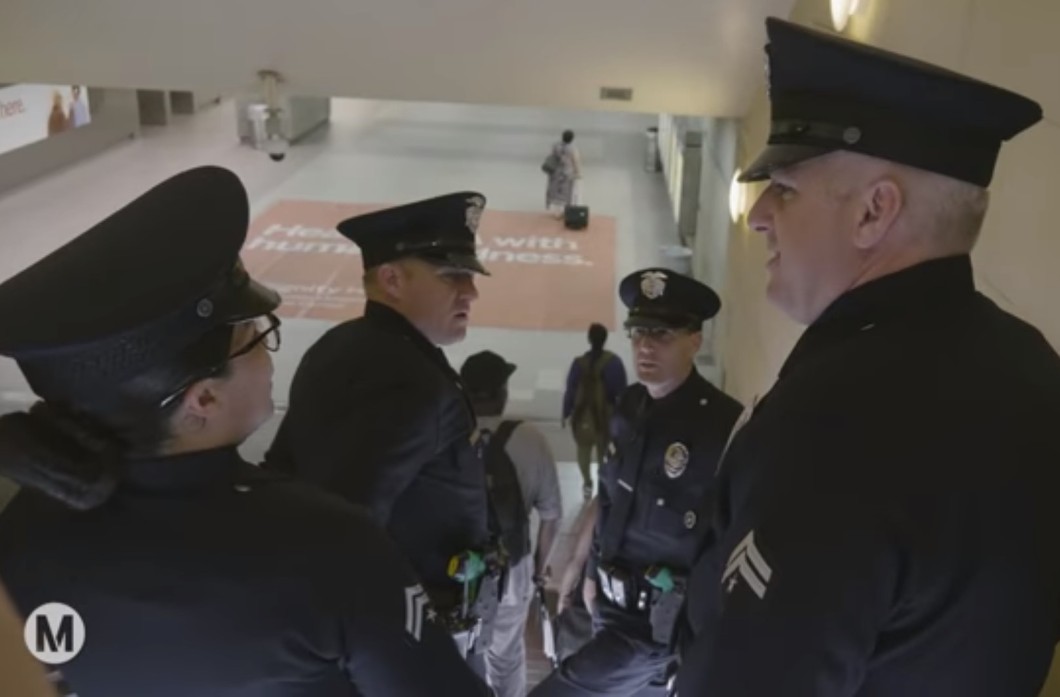
With a few exceptions, the five-year transportation bill heading to President Obama's desk continues what has been the core function of federal transportation policy for more than 60 years -- sending a ton of money to the states to spend on highways.
Preventing a big step backward was about as much as you could hope for, given the climate denying, anti-urban strain of the party controlling Congress. Still, writes Yonah Freemark at The Transport Politic, the bill amounts to an abdication of responsibility for preventing catastrophic climate change:
In light of the United Nations Conference on Climate Change (COP-21) currently underway in Paris, the FAST legislation’s adherence to the federal policy of spending the large majority of transportation funding on highways is a disappointment, to say the least. Coming from a Congress whose members have openly expressed their contempt for any American responsibility for reducing carbon emissions, it is hardly a surprising move.
Nonetheless, in intentionally choosing to support transportation modes that are worse for the climate, the Congress has chosen to use its legislative powers to reinforce our country’s negative contribution to a darkening planetary nightmare. By holding a sheet over our collective heads, our Congress is perhaps hoping no one will notice the inconvenient truth that funding for more highways represents.
And they may be right: Few in the media have noted that the choice to invest so much in carbon-spewing vehicles comes at the same time as our world is supposedly working to stop the spewing.
Even so, this is a miscarriage of public spending, and at a grand scale. Transportation accounts for more than a fifth of world carbon emissions, and its share is likely to rise in the immediate term since electrification of the automobile fleet remains at least a decade off and the number of cars in circulation is rising rapidly globally. In the U.S., the big concern may be freight; indeed, trucks alone account for 12.5 percent of total U.S. carbon emissions, and with trade continuing to power the global economy, that share can only rise.
Though mechanisms to reduce freight emissions exist -- shifting shipping to rail, for example, would significantly limit the rise in pollution -- FAST will dig the hole deeper. The legislation includes a massive new freight program that is almost exclusively dedicated to the movement of traditional, highway-based, diesel-polluting trucks.
Democrats, whose track records indicate at least some interest in the fight against carbon emissions, didn’t protest and voted en masse for the bill. Our political representatives just don’t care about climate change.
Elsewhere on the Network today: GreenCityBlueLake posts stats about transit access to jobs in the Cleveland region. Next Stop STL reports that a transit hub opening next year in Ferguson, Missouri, "will transform bus service in North St. Louis County." And Transport Providence shares the results of an experiment to inject a less car-centric perspective into the ol' newspaper comments section.





